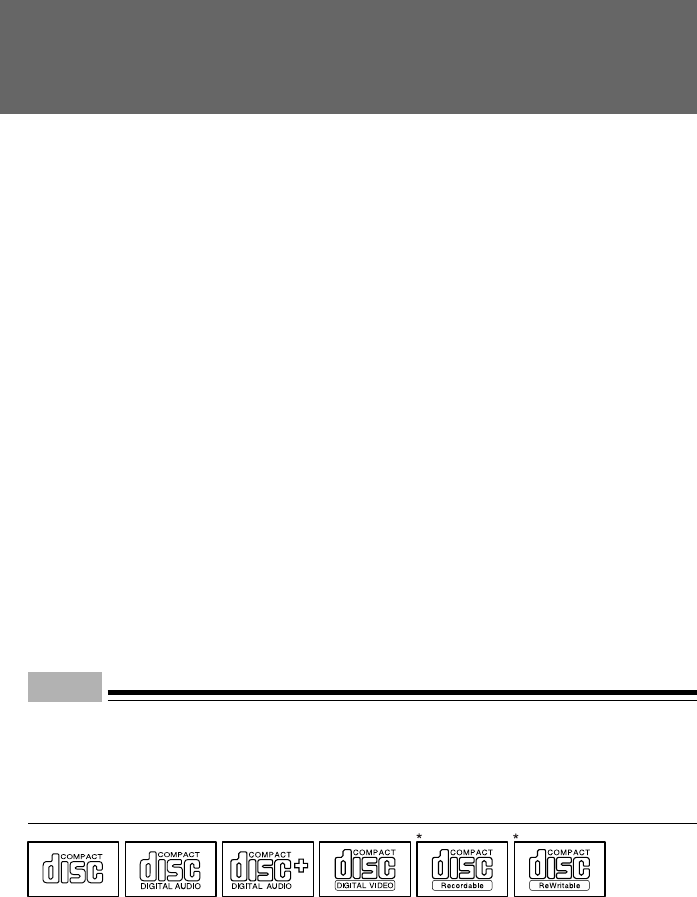
29
9 CD-ROM
The PC has a DVD-ROM and CD-R/RW (Combo) drive as a standard. This section explains how
to handle, insert, and remove CDs.
■ Notes on handling
To prevent faults, note the following when handling CDs.
Notes on handling CDs
● Do not use a ball-point pen or pencil on the label (printed side). Do not affix a label.
● Do not touch or damage the data side.
● Do not bend or compress them.
● If the CD gets dirty or wet, wipe it with a dry soft cloth from the center to the edge. Do not use
a cleaner.
● Keep them dry.
● Do not place them in an extreme temperature environment.
● Do not place them in a humid and dusty environment.
Notes on using the drive
● Do not use any CD not in conformance with “Notes on handling CDs” above, or those distorted,
broken or cracked.Otherwise, a fault may occur. Faults caused by the use of a defective CD
shall not be covered by the warranty.
● This PC can use circular CDs only. Do not use odd-shaped CDs. Otherwise, a fault may occur.
Faults caused by the use of an odd-shaped CD shall not be covered by the warranty.
● Use of a commercially available CD-ROM drive cleaning disc may place dust on the lens. Do
not use a CD-ROM cleaning disk.
Point
CD-ROM is a compact disc (CD) that stores PC information (such as characters) rather than music.
ROM stands for Read Only Memory. This PC can read data from CD-ROMs but cannot write data.
This PC can use CDs having any of the following marks. Do not use CDs without a mark. Otherwise,
a fault may occur.
An additional application may be necessary to use particular types of CDs.
Onto the CDs marked *, data can be written when a CD-R/RW drive is used.
**


















